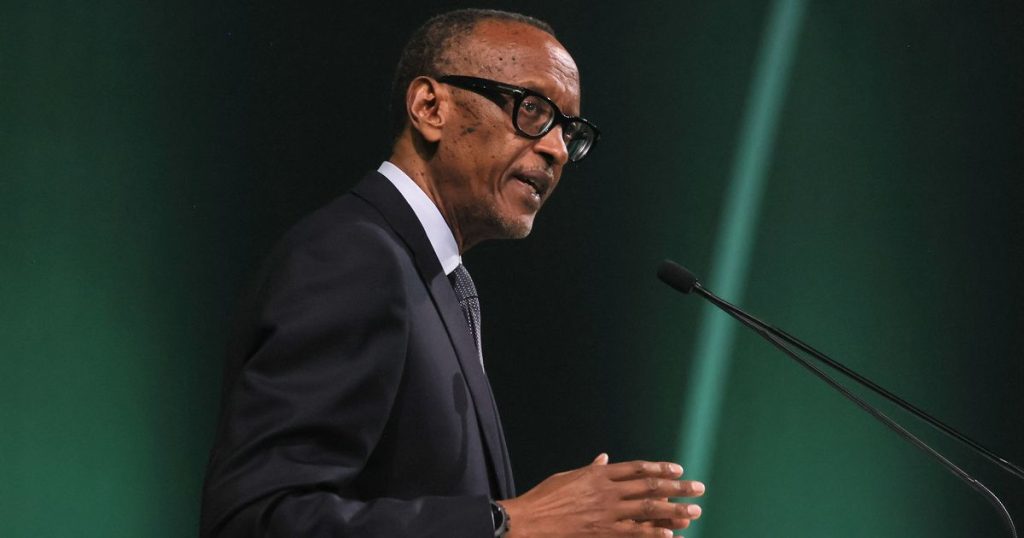Rwandan President Paul Kagame marked the 30th anniversary of the genocide by blaming the international community for allowing the atrocities to unfold. The genocide in 1994 resulted in an estimated 800,000 deaths by government-backed extremists. While Rwanda has seen economic growth and recovery in the years since, questions remain about the true extent of reconciliation under Kagame’s rule. Kagame, whose rebel movement prevented the genocide and seized power, has been both praised for stability and criticized for his intolerance of dissent.
Under Kagame’s leadership, commemoration events took place in Kigali, with foreign visitors including former U.S. President Bill Clinton and Israeli President Isaac Herzog. The genocide was sparked by the downing of a plane carrying then-President Juvénal Habyarimana, leading to Tutsis being targeted in massacres by Hutu extremists over 100 days. Moderate Hutus who tried to protect Tutsis were also killed. The international community has faced criticism for ignoring warnings about the killings, with some Western leaders expressing regret for their inaction.
President Kagame highlighted the failures of the international community in preventing the genocide, stating that the collective failure led to unimaginable horrors. He shared personal stories, including the loss of a cousin during the genocide, to emphasize the impact of the atrocities. U.S. President Joe Biden also expressed solidarity with Rwanda, acknowledging the pain and loss endured by the people of the country. Kagame emphasized the importance of unity in Rwanda’s recovery and progress over the years.
Rwanda’s ethnic composition has remained largely unchanged, with a Hutu majority, Tutsis making up 14%, and Twa at 1% of the population. The government has outlawed ethnic-based organizations and issued strict laws against genocide denial. Critics argue that these laws are used to silence dissent and question government policies. While accusations have been made against Kagame’s forces for carrying out revenge killings during and after the genocide, Rwandan authorities dismiss these claims as attempts to rewrite history.
Despite progress made since the genocide, the memory of the atrocities remains alive in Rwanda, with mass graves still being discovered. The head of Ibuka, a survivors’ group, emphasized the importance of learning from the genocide to prevent future atrocities. Kagame’s leadership has been marked by multiple re-elections and accusations of authoritarianism. While the country has made strides in recovery, tensions with neighbors such as Congo, Burundi, and Uganda continue to strain relations. The ongoing remembrance activities in Rwanda serve as a reminder of the horrors of the past and the importance of unity in moving forward.


